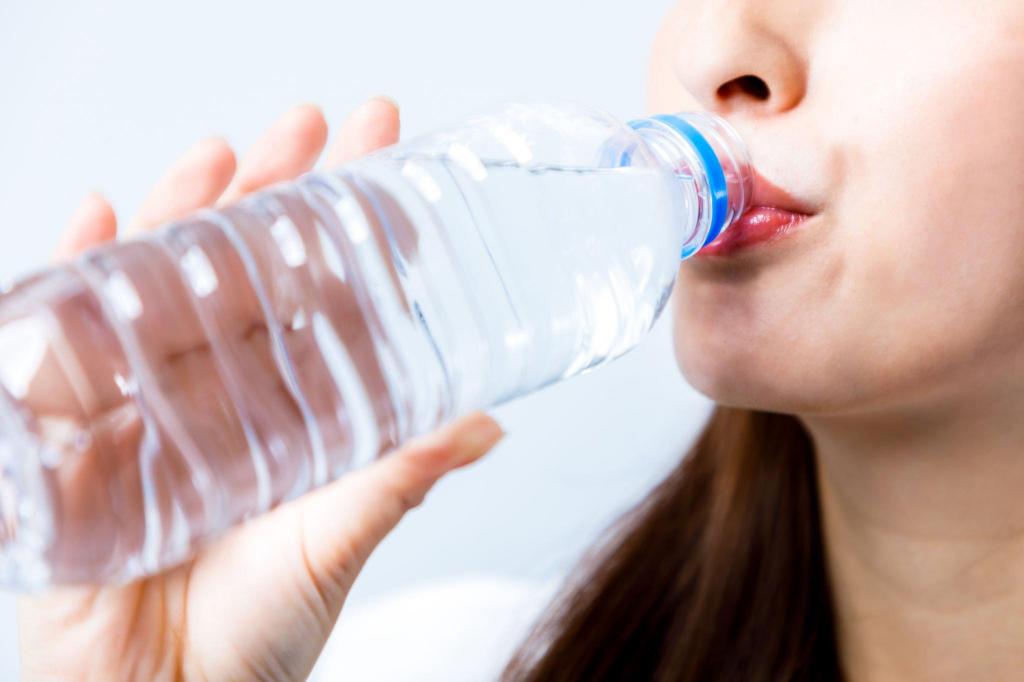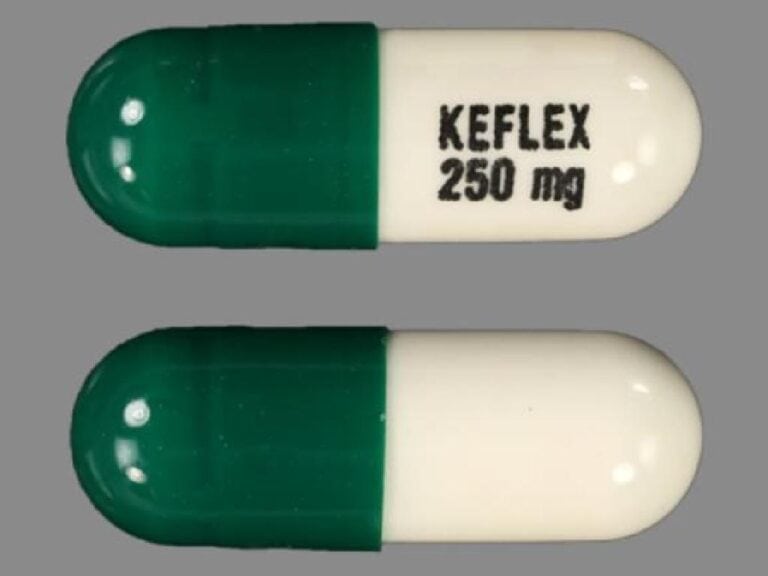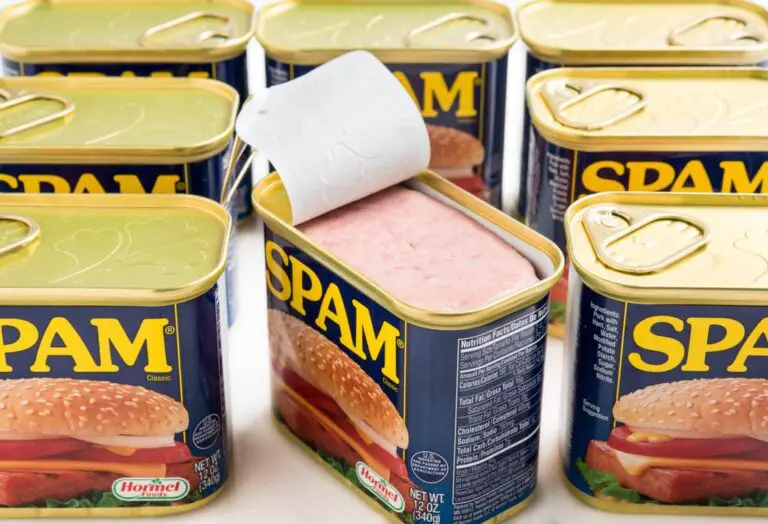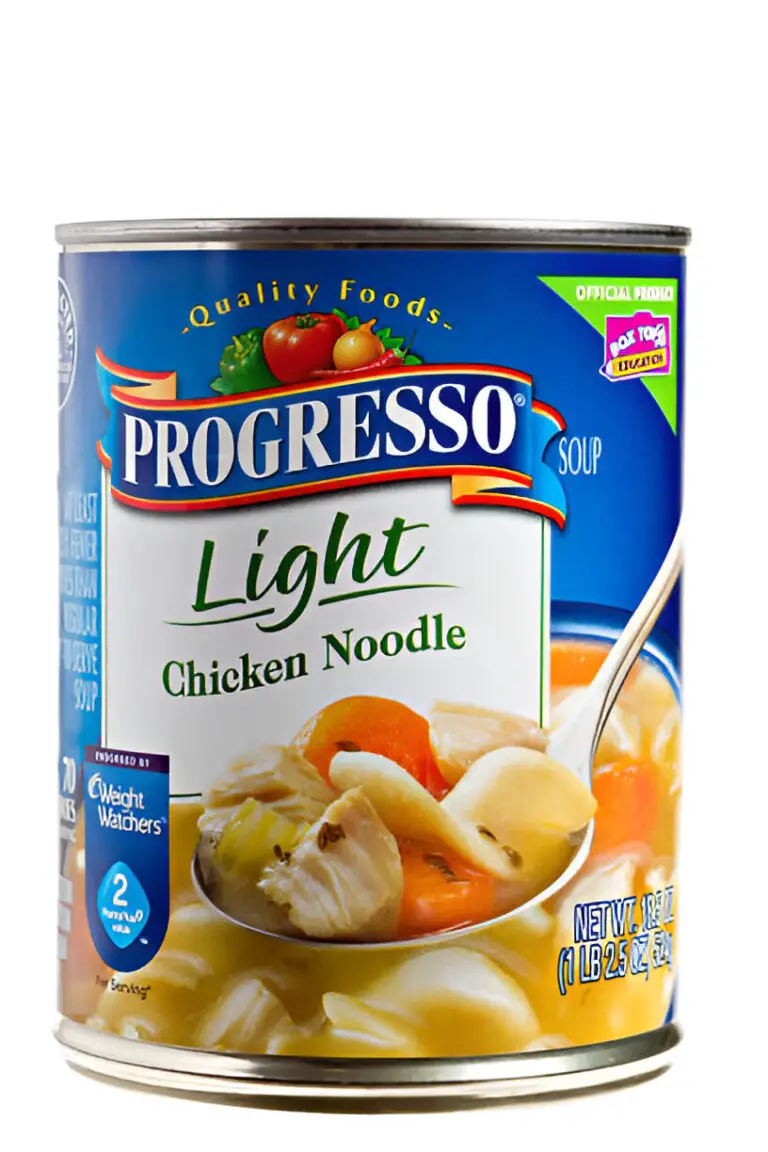Why Does Water Taste Bitter after Eating a Grapefruit?

Picture this: you’ve just enjoyed a succulent slice of grapefruit, its vibrant citrusy notes dancing on your palate. But as you reach for that cool glass of water to quench your thirst, you experience an unexpected twist—a sudden bitterness that coats your tongue. It’s a perplexing sensation, one that leaves you wondering if your taste buds are playing tricks on you.
The mystery of water becoming bitter after consuming a grapefruit is among the culinary mysteries that are most intriguing. It’s a curious phenomenon that has puzzled taste enthusiasts and scientists alike. But do not worry, for we will delve deeply into this mystery on this delicious journey. We’ll unravel the science that transforms your ordinary sip of water into a momentary bitter surprise after the citrusy delight of a grapefruit.
So, grab your seat at the tasting table as we embark on a flavorful adventure, exploring the intricate dance of chemistry and taste that makes the grapefruit a true culinary marvel.
Grapefruit and Its Unique Flavor
Before delving into the bitter mystery, let’s acquaint ourselves with grapefruit and its unique flavor profile.
Grapefruits are citrus fruits with a vibrant, tangy-sweet taste. They come in various varieties, each offering slightly different flavor nuances. The signature flavor of grapefruit arises from a combination of chemical compounds found within.
The primary contributors to grapefruit’s flavor are limonin and naringin. Limonin is responsible for the bitter taste, while naringin provides the characteristic bitterness and tartness. These compounds are concentrated in the peel, pulp, and juice of the fruit.
When you bite into a grapefruit, your taste buds immediately come into contact with these compounds. They trigger a cascade of reactions, leading to the unique taste sensation associated with grapefruit.
The Concept of Taste Modification

Now that we have an understanding of grapefruit’s flavor, let’s explore the intriguing concept of taste modification.
Taste modification refers to the phenomenon where consuming one food can alter your perception of the taste of another. This happens because certain compounds in one food interact with your taste buds or olfactory receptors, affecting how you perceive subsequent flavors.
In the case of grapefruit, the bitterness and tartness of naringin and limonin can linger in your mouth, making water taste bitter after consuming the fruit. The taste modification is a result of the interaction between these compounds and your taste receptors.
This concept isn’t unique to grapefruits. Various foods can modify your taste perception, and culinary experts often leverage this knowledge to create balanced and harmonious flavor combinations in dishes.
Why Does Water Taste Bitter after Eating a Grapefruit?
After enjoying the tangy delight of a grapefruit, you might notice an unusual bitterness in your mouth when you take a sip of water. This peculiar phenomenon can be attributed to the unique compounds found in grapefruit. One key player is a group of organic chemicals called furanocoumarins.
These substances interact with taste receptors in your mouth, temporarily enhancing your perception of bitterness. It’s like a sensory illusion—the water remains unchanged, but your taste buds are momentarily tricked into detecting bitterness where it doesn’t exist.
This bitterness can linger because of another compound called naringin, which is abundant in grapefruit. Naringin suppresses the sweetness receptors on your tongue, making it more challenging for you to perceive the natural sweetness of water. In essence, the grapefruit alters your taste buds’ behavior, making the water taste different than it would under normal circumstances.
It is also worth noting that the rind or peel on lemon fruits can make infused water taste bitter, and the longer you leave the fruit to infuse, the more bitter it will taste because the acidic flavors of the rind also infuse into the water.
What Other Foods Can Change the Taste of Water like Grapefruit?
Several foods can influence the taste of water, just like grapefruit. Let’s explore these flavorful culprits:
- Lemons and Limes: These citrus powerhouses are well-known for their ability to transform plain water into a zesty and refreshing drink. The natural citric acid in lemons and limes adds a tangy twist, enhancing the overall taste. The impact is usually enjoyable and less likely to evoke bitterness.
- Bitter Melons: As the name suggests, bitter melons are known for their pronounced bitterness. When consumed alongside water, they can impart a distinct bitter taste. These unique gourds have an acquired taste, and not everyone enjoys their strong flavor.
- Cucumbers: Unlike the previous examples, cucumbers provide a refreshing and subtle change in water’s taste. They infuse a mild, crisp flavor, making it a popular choice for those seeking a mild twist to their hydration.
Here’s a quick reference table:
| Food | Taste Alteration | Notable Characteristics |
| Lemons and Limes | Zesty and refreshing | Adds tangy, enjoyable twist |
| Bitter Melons | Pronounced bitterness | Acquired taste, strong flavor |
| Cucumbers | Mild and refreshing | Offers a subtle, crisp taste |
Remember that individual taste perceptions can vary, so your experience with these foods and their impact on water may differ from others.
Combating Bitterness of Drinking Water After Eating Grapefruit
Bitterness in your mouth after savoring a grapefruit can be a perplexing experience, but there are strategies to combat this unusual taste when you drink water. To counteract this effect, try these methods:
- Neutralize with Citrus: The natural acidity in grapefruit can be balanced with another citrus fruit, like an orange. Eating an orange slice or drinking orange juice can help alleviate the bitterness lingering in your mouth.
- Add Salt: Salt can help to diminish our tongue’s ability to sense naringin and other bitter compounds, which produces a secondary cognitive effect that we perceive as “a relative bump in sweetness”.
- Brush Your Teeth: After consuming grapefruit, consider brushing your teeth or using mouthwash. This can help remove the furanocoumarins from your taste buds and restore the natural taste of water.
- Rinse with Baking Soda: Create a simple solution by mixing 1 teaspoon of baking soda in a glass of water. Gargle with it to neutralize the bitter taste.
- Wait it Out: Sometimes, patience is the best remedy. The effect of furanocoumarins will gradually wear off, so simply waiting a bit before sipping water might be all you need. Therefore, it is suggested that you drink water for at least an hour after eating fruits.
- Sweetening Agents: If the bitterness remains bothersome, you can add a small amount of sugar, honey, or a sugar substitute to your water. Be cautious with this approach if you’re watching your sugar intake.
- Rinse Your Mouth: Swishing plain water around your mouth for a few seconds can help wash away the lingering naringin and reduce the bitterness.
- Try Sparkling Water: Some people find that carbonated water or sparkling water can be a better palate cleanser after eating grapefruit, as the carbonation can help counteract the bitterness.
- Chew Gum: Chewing sugar-free gum can help stimulate saliva production, which can aid in removing the naringin from your taste buds.
Read: Why Does Sparkling Water Taste Bitter? Discover the causes!
Conclusion
Grapefruits are a beloved fruit known for their tangy and refreshing flavor. However, after indulging in this citrus delight, a sip of water can suddenly taste oddly bitter. This curious phenomenon delves into the intricate world of taste perception, chemistry, and sensory experiences.
In conclusion, the mystery of why water tastes bitter after eating a grapefruit is an intricate interplay of taste perception, chemistry, and sensory experiences. Understanding this phenomenon allows you to appreciate the complexity of your senses and opens the door to culinary creativity.
So, the next time you savor a grapefruit, take a moment to appreciate the fascinating journey it takes you on, from bitter to sweet and everything in between.
FAQs on Taste Bitter after Eating a Grapefruit
How can I make water taste better after eating grapefruit?
To improve the taste of water after grapefruit, try adding a touch of honey or a slice of cucumber to your water. These subtle flavors can balance the bitterness.
What are the health benefits of grapefruit consumption?
Grapefruit consumption offers various health benefits, including vitamin C for immune support, fiber for digestion, and antioxidants for overall well-being.
Are there any side effects of eating grapefruit with certain medications?
Grapefruit can interact with certain medications, potentially leading to adverse effects. Consult your healthcare provider to understand the risks and benefits of grapefruit consumption with your specific medications.
Can I neutralize the bitterness of grapefruit in water with sugar or sweeteners?
Sugar or sweeteners may help mask the bitterness briefly, but they won’t completely neutralize it. Experiment with different combinations to find what works best for your palate.
Does the bitterness of grapefruit affect everyone’s perception of water taste in the same way?
Individual taste perceptions can differ due to genetic factors, making some people more sensitive to bitterness than others when consuming grapefruit.
Can the bitter taste of grapefruit in water be used creatively in culinary applications?
The bitterness of grapefruit-infused water can add depth to cocktails and culinary creations, offering a unique flavor profile for those who appreciate it.
What are some natural methods to reset taste buds and eliminate the bitter aftertaste of grapefruit in water?
Natural methods to reset taste buds include eating sour foods like yogurt, or using a tongue scraper to remove lingering bitterness from your palate.
Is it possible to enjoy the health benefits of grapefruit without experiencing the bitter taste of water afterward?
Enjoying grapefruit’s health benefits without the bitter taste of water may require waiting a bit before drinking water, allowing your taste buds to adapt to the grapefruit’s flavor.






